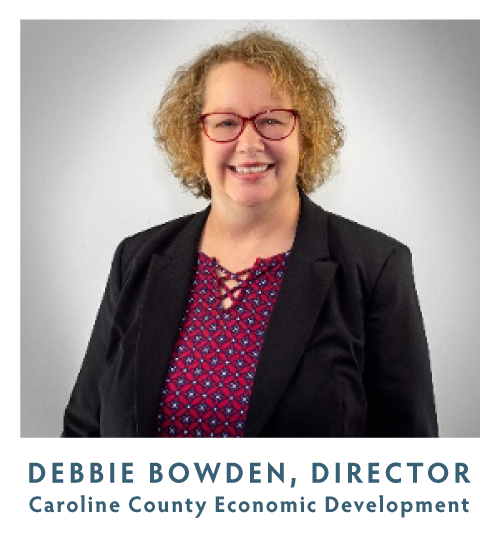Small business owners (which accounts for 99% of all businesses) have a lot on their plate. Depending on the structure of leadership, the owner could be the one turning the wrenches or prepping the menu, or the owner could be managing the strategy for growth with a dedicated team of mangers and employees. Regardless of the size and scope of the businesses, one thing that all small business owners should do, but rarely have time to do, is plan for succession.

In talking about this, I’d like to share some of my own story. I came up in a family business. The owner was my father-in-law, and he and his two sons (and me as one of the son’s wife), operated a successful business for nearly 40 years. We began the process of succession planning when Dad started to think about retirement. Those plans were made all the more urgent when he unexpectedly passed away.
Fortunately, there was enough structure in place for the next generation to take over. However, if the succession planning had not been all done, and had Dad not passed on a little of knowledge and insight to the next generation, the business would have been forced to close upon his passing. The succession planning and implementation wasn’t perfect, and there were years where the business still struggled afterwards, but it did survive.
It’s tough when you are in the midst of serving customers and taking care of employees and worrying about supply chain to think toward the future. But asking yourself the simple but tough questions can help put you on the right path toward succession: what is my business worth, what is my real property and other assets worth, who will lead the transition, who will lead the next iteration, do I plan to sell or pass on to family?
As in every part of business, partnerships with subject matter experts can help in answering those questions and making a plan. Talk with your accountant and banker, reach out to have a conversation with a trusted realtor, and have a chat with employees and family to gauge interest in becoming the next generation owners. Experts suggest at least three years to get everything in order to make the leap to sell your business. Making the transition to the next phase of ownership easy will benefit you and your legacy.
For updates on any future business support, please visit carolinebusiness.com, sign up for our newsletter, and follow Caroline County Economic Development on Facebook.
Caroline County Economic Development and Tourism is an office within Caroline County government. Its mission is to help businesses of all sizes thrive in the community. Debbie can be reached at 410-479-4188 or info@carolinebusiness.com

